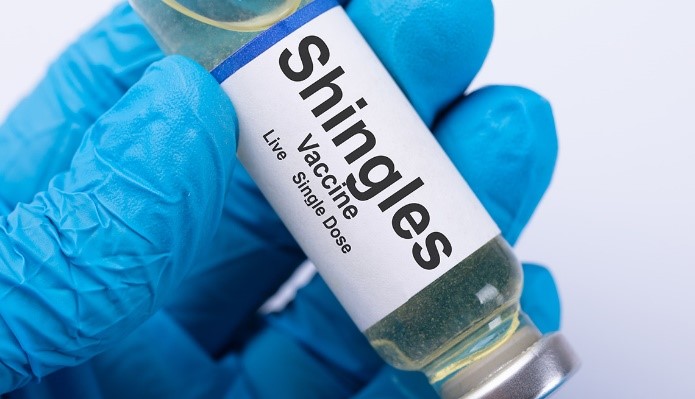Free Courses Sale ends Soon, Get It Now


Free Courses Sale ends Soon, Get It Now



Disclaimer: Copyright infringement not intended.
Context
Shingles (Herpes Zoster)
About
Cause
Where does shingles come from?
Mechanism
Symptoms of shingles
Early symptoms of shingles may include:
Other signs and symptoms that appear a few days after the early symptoms include:
Who is at risk for getting shingles?
People who have had chickenpox who are more likely to develop shingles include those:
Note: One can get shingles more than one time.
How are shingles treated?
Vaccines to prevent Shingles
Shingrix Vaccine
Shingrix Vaccine in India
|
PRACTICE QUESTION Q. Which of the following statements are correct with reference to Shingles? a) Shingles (Herpes Zoster) is a viral infection that causes an outbreak of painful rash or blisters on the skin. b) Shingles (Herpes zoster) is caused by the reactivation of the Varicella-Zoster Virus (VZV), the same virus that causes chickenpox. c) Children below 5 years of age who have had chickenpox are more likely to develop shingles. d) There is no cure for shingles and there is no vaccine for it either. 1. a and b only 2. b and c only 3. c and d only 4. All of the above. Correct Answer: Option 1 |
© 2024 iasgyan. All right reserved